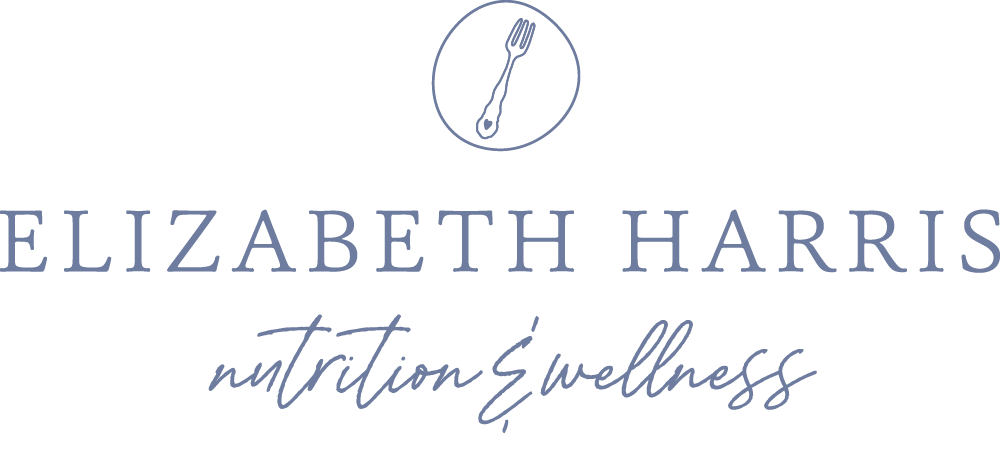What Metrics Are Important to Track?
Earlier this week, I was in an awesome meeting with some fellow female entrepreneurs and women in leadership.
We had a long conversation about mindset, reframing thought bullies, and how we each want to define success in our respective businesses. I’ve always said there are so many parallels between running a business and embarking on an Intuitive Eating journey, and yesterday drove home that point yet again.
Vanity Metrics Can Disguise What’s Really Important
In today’s business world, it’s so easy to get caught up in vanity metrics, including how many social media followers you have, how big your online community is, or how many people downloaded your latest resource.
But just like vanity metrics in the realm of health and fitness, those things aren't really what's most important.
The purpose of my work is to have a meaningful impact on people's lives and health.
I don't want to chase someone else's definition of success. What I care deeply about is getting what I believe is an important message into the right people's hands—those of you who want to find a peaceful and enjoyable approach to food, feel confident and comfortable in your bodies, and enhance your health and well-being without chasing weight loss.
Every single time I change one of my client’s lives for the better by helping them find an attuned, feel-good, “forever” food solution … I’ve succeeded and my heart is full.
Vanity metrics can get in your head. They invite self-doubt and typically send you into an extremely unhelpful comparison trap that ignites a downward mental and emotional spiral. Vanity metrics tend to pull your focus away from the things you’re actually trying to achieve.
I see the same thing happen when it comes to food, health, and body.
Diet Culture Often Focuses on the Wrong Metrics
Diet culture has taught us to define success by following the “rules” of the diet. By hitting a specific number on the scale, fitting into a certain pair of jeans, or by how our bodies measure up next to influencers, ideals, or Mary down the street.
Not only can all those things mess with your mindset, but they can also detract from your physical, mental, and emotional well-being—what I like to think of as authentic health.
All too often, diet culture vanity metrics lead to all-or-nothing approaches to food and exercise, negative body image, lack of self-trust, stress and overwhelm, guilt and shame, and so many other things that are most definitely not health-promoting.
If this has happened to you, you’re not alone—and I’m sending you so much warmth and compassion. Also, I’ve got great news.
The Most Important Metrics to Track to Assess Your Overall Well-being
There are so many other meaningful and best of all, authentically healthful, ways of measuring success on your health and wellness journey. Here are just a few:
Are your lab markers in the healthful ranges?
Do you eat lots of nutrient dense foods that support your body and honor any medical needs you may have?
Do you exercise consistently?
Do you have flexibility with your food choices (as opposed to trying to follow rigid eating patterns that make you think you’ve “blown it” when you eat something not on the plan)
Do you speak to yourself kindly?
Do you have a happy, healthy body image?
Do you respect your hunger and fullness cues?
Do you know how to soothe your emotions without over-relying on food?
Do you get plenty of sleep each night?
Do you practice helpful and regular stress management?
These are the things not only make you feel good… but have a profound impact on your health and wellbeing.
And before you go, please know that if you’re having trouble getting away from diet culture vanity metrics OR you answered ‘no’ to more of the questions above than you wish … you’re my "right person" and I’d love to help you. 💕 Contact me today to learn more about Intuitive Eating coaching and prioritizing your health.

